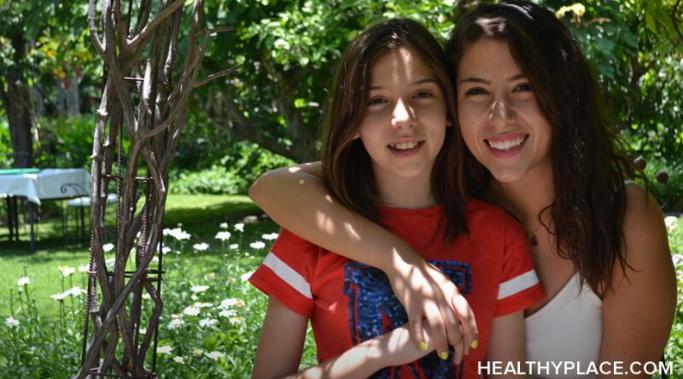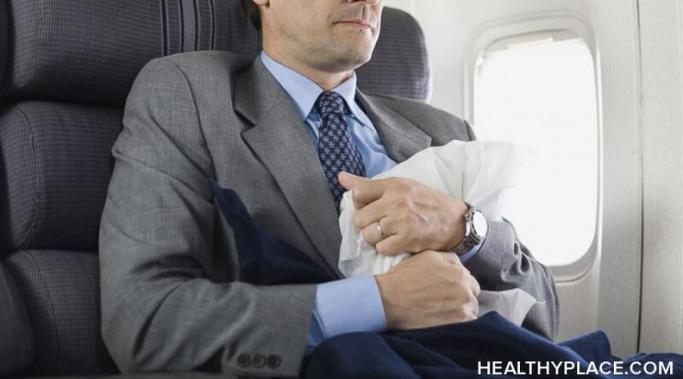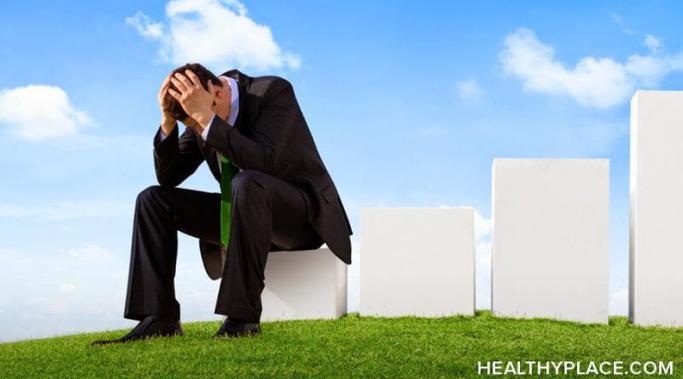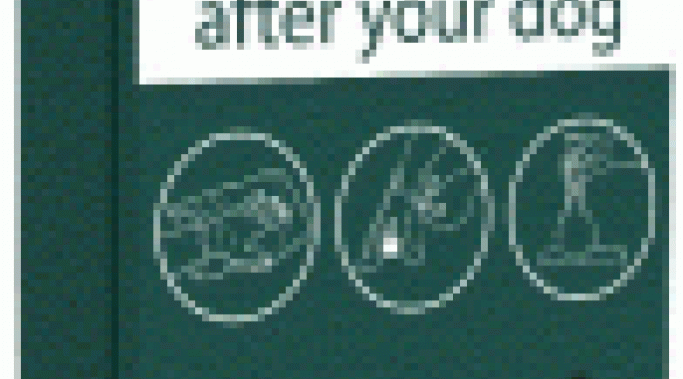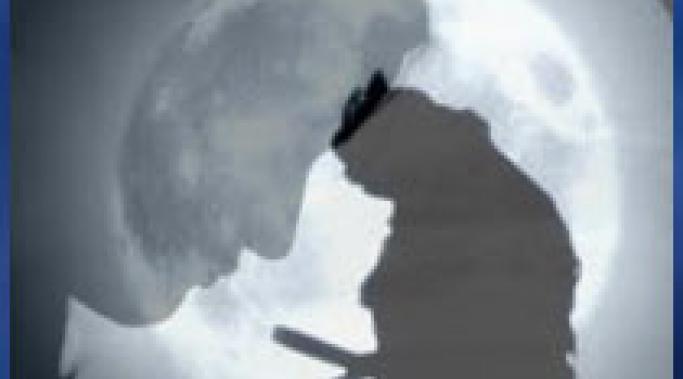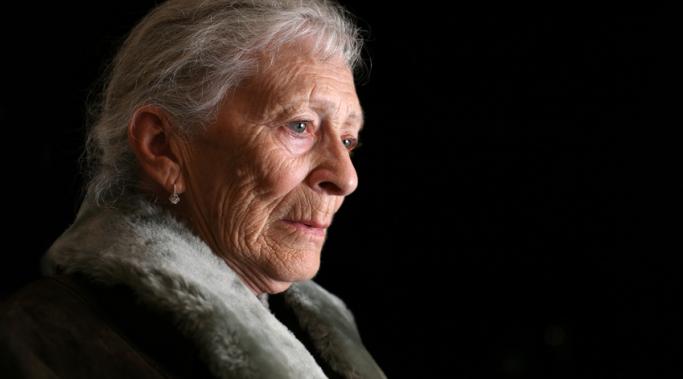Blogs
Back to school time has rolled around again and it's time to prepare your special needs child for the school year. In my post about goal-setting, I shared how Bob created his own goal and made a plan (with my help) to get it done. But, I'd also like to share some tips on how to get your special needs child ready for a successful school year.
Your limiting beliefs do not support healthy self-esteem. These thoughts are indicative of anxiety or fear about the future. They hold us back from feeling good about ourselves, our accomplishments, and keep us stuck in a negative thinking pattern. As you dig deep into why you believe something about yourself, you may find that limiting beliefs are based on other people’s opinions and their own limitations. You just adopted them. They may not even be true!
Do you have travel anxiety? Has anxiety affected your travel plans and/or preparations?
Traveling can bring up tons of worries: Will I be okay? What if something happens to people back home while I am away? What if I am alone and afraid? What if the plane crashes? What if it is overwhelming? What if I miss the plane, or hate my accommodations? What if I get lost? What if I am homesick, but stuck there? What if I can't get home? What if someone gets mad at me? What if I get anxious?
You name the worry, I have heard it and then some. All these worries just about make you want to stay home!
Stress resilience is the ability to retain your sense of self and the form of your life in spite of being impacted by perceived threatening forces. All of us need adequate stress resilience and do well to cultivate this property in ourselves. You can do this before you recover from PTSD, and you certainly should after recovery. There are a number of fairly ordinary things you can do to increase your stress resilience, but to get the posttraumatic growth, you must actually do these things!
It’s getting close to the season of pumpkins and cinnamon and apples. In some places, it is already here and the walls of stores are painted in orange and black. Since recently a lot of my blogs have focused on skin picking, I’ll just keep the topic going for a little bit longer. This being my favorite season of the year, I’ve decided to make a pact with myself when it comes to self-harm, even though I technically haven’t self-harmed in over five years.
I will stop picking my skin and pick apples instead. Well, sort of.
There are reasons why I share having Adult ADHD with people. It's not simply because I can't keep it in - it's important for those of us with Adult ADHD and our non-ADHD counterparts to see that we can be successful with this disorder.
In the damp church basements of recovery it is often observed that the 12 steps of alcoholics anonymous are in the order they’re in for a good reason and one should work them sequentially. This tenet is underscored because, as a rule, alcoholics are belligerent, defiant, and rebellious in an infantile, pointless sort of way.
Celebrating The Right To Be Wrong
Dipsomaniacs simply must do as they please, no matter how much more difficult, time-consuming, and aggravating their idiosyncratic path may be. Whenever “some assembly” is required, rest assured that the very first thing they did after unpacking the contents was throw away the instructions because – well, why on earth would you rely on the opinion of experts when you have your own complete ignorance, honed to perfection over years of not listening to anyone, nearby?
For a long time I've been interested Shogun-era Japan. I even have a book called Bushido: The Way of the Samurai, which is based on the Hagakure by Tsunetomo Yamamoto. One story in it is called "Story of the Thwarted Ghosts."
Being sick, I think with anything, can be extremely isolating. Being sick, you’re not “like everyone else.” Be it cancer, HIV, diabetes or bipolar disorder, there is a moment when you realize that you’re different and that difference is isolating.
This is a form of internal isolation. But, of course, isolation can be external every bit as much as it can be internal. And sadly, most people with bipolar disorder experience heaps of both.
While brainstorming ideas for this week's blog, I kept noticing that all of the tips and suggestions that our doctors and support groups give us throughout our bipolar recovery are repetitive, and can become frustrating to hear over-and-over again. I always think to myself I do those things! I'm trying! but I always seem to find myself stuck in that rut of hopelessness. I try my best to maintain a regular sleep schedule, I exercise, I track my moods... But while in school, I still feel completely overwhelmed and hopeless as if I haven't learned any coping strategies at all (Bipolar Disorder and the Pressure to Get Better).
So this week, I've decided to do something a little different. While waiting to fall asleep the other night, I created a mental list of little things that may seem silly to some, but that I have realized have helped me throughout my time away at school and during tough times --things that a lot of doctors never really think of or mention to students with bipolar disorder.
